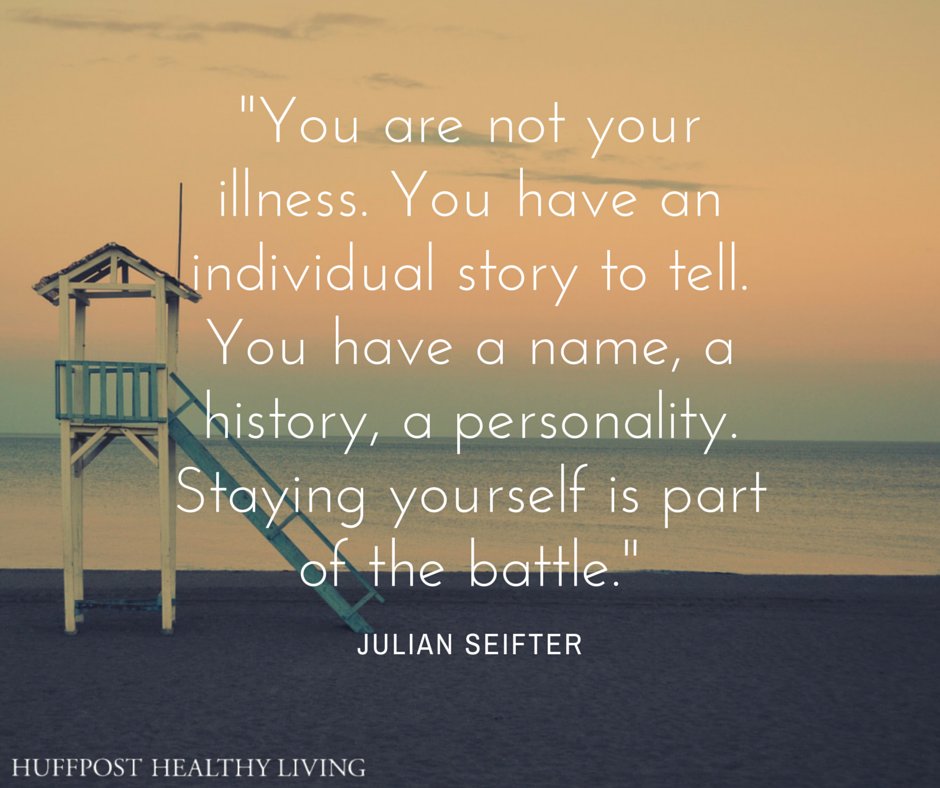Fiercelyalive
32,743
L
Discoverer 9
Rating
Number of ratings85
Number of reviews25
Listens toOver 18
LanguagesEnglish
Listener sinceJul 29, 2017
Last activeover 6 months ago
PathStep 597
People helped116
Chats176
Group support chats28
Listener group chats21
Forum posts347
Forum upvotes345
Bio
Hello, I am a verified listener and an intern at 7 Cups.
I'm willing to listen to you and help you get through your struggles.

***
My involvement within 7 Cups community:
Group Mod
Peer Supporter
Welcoming Team (Listeners & Members)
Feed Team
Appreciation Team
***
If I'm online, then please feel free to chat. Otherwise, if I'm offline, do leave me a message so that we could set up a time to connect.
Take Care <3
I'm willing to listen to you and help you get through your struggles.

***
My involvement within 7 Cups community:
Group Mod
Peer Supporter
Welcoming Team (Listeners & Members)
Feed Team
Appreciation Team
***
If I'm online, then please feel free to chat. Otherwise, if I'm offline, do leave me a message so that we could set up a time to connect.
Take Care <3
Recent forum posts
Feedback & Reviews
Nice guy, very kind
Fiercelyalive is absolutely amazing! I loved her advice and she listened and understood me very well. I felt like I was talking to a close friend. She deserves some big stars :) !
yup she was good
Thank you for volunteering and listening
Nice and helpful
I love that they stay positive, and helps me think positively. Thank you.
Thanks for being a patient listener and empathizing with me.
Thanks.
Good times man
great listener
very helpful
Kind and empathetic listener.
Great!!
Patient
Good so far
So far great support
You asked good questions and the responses you gave me helped me feel better. Thank you :)
Helpful
Great Help!
Good experience. Thanks!
good
An understanding person ready to listen, pretty much exactly what you would expect from a "Listener"
Good listener
Will really calm your mind. Thanks
Very helpful. Empathetic and never spoke down to me
Badges & Awards
97 total badges
Listening Ear
Long Ears
Magnet
Messenger
Jester of Smiles
Clerk of Bear Hugs
Piper of Dedication
Anxiety
Depression
Eating Disorders
Managing Emotions
Panic Attacks
Surviving Breakups
Traumatic Experiences
Crisis Intervention
Listener Oath
Work Related Stress
Self Harm
Sexual Abuse
Alcohol & Drug Abuse
Family Support Grad
Cultural Diversity
Verified Listener
Bullying
Chronic Pain
Psychological First Aid
Family Stress
Sleeping Well
Graduate
Master
Scholar
Love Bug
Refresher
Appreciation Buddy
Light Chat
Tiny Chat
Voice
Talker
Communicator
College Guide
Loneliness Guide
Test Anxiety
Exercise Motivation
ACT Therapy
Affirmative
Reflection
Chat & Text
Listening Ace
Active Listening
Startup Support
Feedback
Perinatal
Schizophrenia
People of Color Guide
ADHD
Social Anxiety
OCD
Boundaries
Forgiveness
Grief
Managing Bipolar
Managing Finances
Aficionado
Surviving Domestic Assault
Getting Unstuck
7Cups Guide
Rocket Listener
12 Steps
Community 101
TS Key
7 Cups Intern Grad
Flower Crown
Sparkler
Loyal Friend
Tick Tock
Fellow Friend
NAMI Listener
NAMI Oath
Steadfast Soul I
Meet & Greet
Proudly Proactive I
Proudly Proactive II
Proudly Proactive III
Proudly Proactive IV
Proudly Proactive V
First Community
First Chat
First Post
Five Steps
High 5
Hang 10
Open Door
Weight Management
Diabetes CBT
Thankful Heart
Gratitude Abound
Continuing Education


